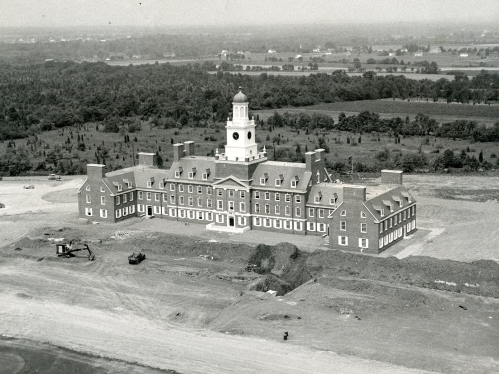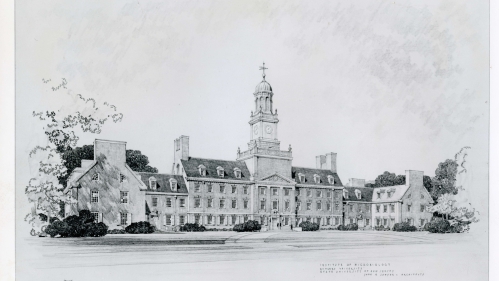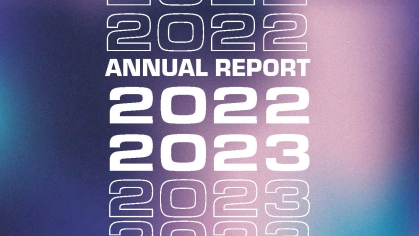
About Waksman
The primary focus at Waksman is centered on fundamental questions in microbial, animal, and plant research. Our aim is to push the frontiers of scientific discovery into explorations on morphogenesis, sustainable energy, cancer, fertility, congenital disabilities, neurologic disorders, nutrition and drug resistance to infectious diseases.
The Core Facilities provide researchers with access to state-of-the-art instrumentation and exposure to emerging technologies. Our facilities are available to researchers interested in specific areas of expertise, and offer high-quality services to both internal and external clients.
The 15 member faculty take are active participants in the educational mission of Rutgers University through the teaching and training of students at the undergraduate, graduate and postdoctoral level. They hold joint appointments in several academic departments at the University:
- Molecular Biology and Biochemistry
- Chemistry and Chemical Biology
- Genetics
- Plant Biology and Pathology
The administrative team supports operations, information technology, human resources, and sponsored awards.
The Waksman Endowment, along with research grants, gifts from private foundations and individuals, and the State of New Jersey, help the Institute provide valuable resources and enhance new and ongoing initiatives: assist in attracting top faculty, fund student researchers, and support for the Institute's operational needs.
Our History
Dr. Selman Waksman made significant contributions to society and Rutgers. In 1944, his team discovered several "antibiotics." In 1951, from the royalties of their patents, he created the Waksman Foundation for Microbiology and funded the construction of the Institute of Microbiology on Rutgers, Busch Campus in Piscataway, NJ. In 1952, he won the Nobel Prize in Medicine. In 1973, Rutgers renamed the Institute in his honor following his death. In 1985, the American Chemical Society (ACS) named Waksman Institute as a National Historic Chemical Landmark.
Annual Reports

Make a Gift
Consider contributing to our efforts by making a gift.
Thank you for your support.


